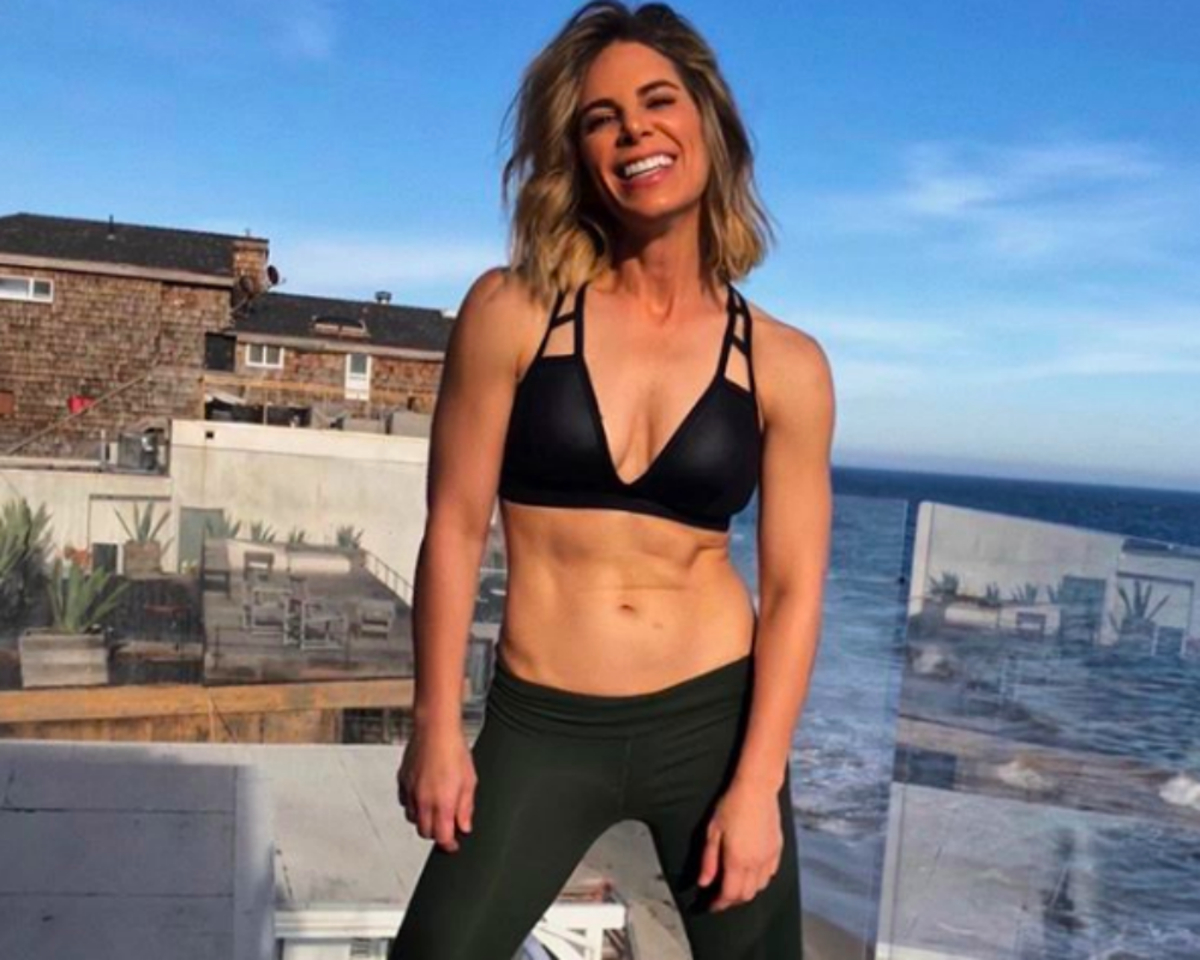
The keto diet might have many fans in Hollywood, but celebrity personal trainer Jillian Michaels isn’t one of them.
“Don’t do keto,” she told People Magazine. “How much time do I have? And I’m not allowed to swear? Yes, keto is a diet fad. The reason that keto has been getting so much attention is because it helps significantly to manage your insulin levels. Very high insulin, very bad thing.”
While the keto diet might be effective for those with high insulin issues, including diabetics, Michaels says eating keto doesn’t make sense for anyone else.
“If you’re not eating a bunch of processed carbs and processed sugar and you’re not eating too much food in general, you won’t have insulin levels that are going through the roof,” she says.”
While famous keto dieters, like Halle Berry (who’s also diabetic), might inspire you to try the high-fat, low-carb diet, here’s why you might want to give it a second thought.
What is Keto?
The low-carb, no-sugar, high-fat eating plan has been around for decades, originally being used to treat patients with epilepsy and diabetes. While it’s definitely restrictive (no sugar allowed), you can tons of protein, including red meat, sausages, bacon, and good fats, like avocado, coconut, and, yes, even butter.
The diet does help with weight loss because it prompts the body to go into ketosis, a metabolic process in which the body burns stored fat instead of glucose for its daily energy. Normally, the body breaks down carbohydrates into glucose for energy. But while in ketosis, the body derives ketone bodies from fat.
It’s Too Restrictive
Not only are you not eating sugar on the diet (sorry, dessert lovers), but you’re also eating very little carbohydrates (five percent of daily intake) and a lot of “healthy” fats (about 75 percent of your daily intake). Not surprisingly one of the main arguments against the diet is that it’s not manageable over the long run, and also that many people are overcompensating by eating too much protein and reaching for unhealthy fats or consuming too much of the good fats.
Your body can’t store extra protein for later use, so when you consume more protein than your body needs, the excess protein is used to provide energy or is turned into fat. In most severe cases following a long-term high-protein diet can increase your risk of kidney damage. Factor in the fact that you might be reaching for processed fats that will increase your caloric intake and you might actually end up gaining weight — not losing it — while on keto.
As Michaels told People Magazine, the diet leads people to believe they “can eat whatever” in terms of quantity of food, when in fact not all proteins and fats are made equally or should be consumed in high volume.
“Calorie management and calorie restriction is less oxidative stress, so it’s far better for aging and being healthier,” she told the magazine.
It Relies on Red Meat and Other Salty Processed Foods
A diet that promotes red meat and other salty processed foods is questionable. Red meat has been linked to an increased risk of developing cancer, heart disease, respiratory disease, stroke, diabetes, infections, kidney disease, and liver disease.
Consuming processed food is also notoriously unhealthy, and while calorie-dense foods, like nuts and olive oil, may have ample health benefits, they shouldn’t be eaten in excess.
The bottom line? Make your diet clean and simple.
“Do not go keto. Just work out, eat clean and don’t overeat. I promise you, balanced diet,” Michaels says. “It’s that simple.”
Related on Organic Authority
Here’s the Skinny on the Ketogenic (High Fat) Diet
Going Keto? Here’s the Lowdown on Ketone Meters
Halle Berry’s Beauty Secret: Tons of Healthy Fat and Zero Sugar
The post Why Jillian Michaels Doesn’t Like the Keto Diet appeared first on Organic Authority.